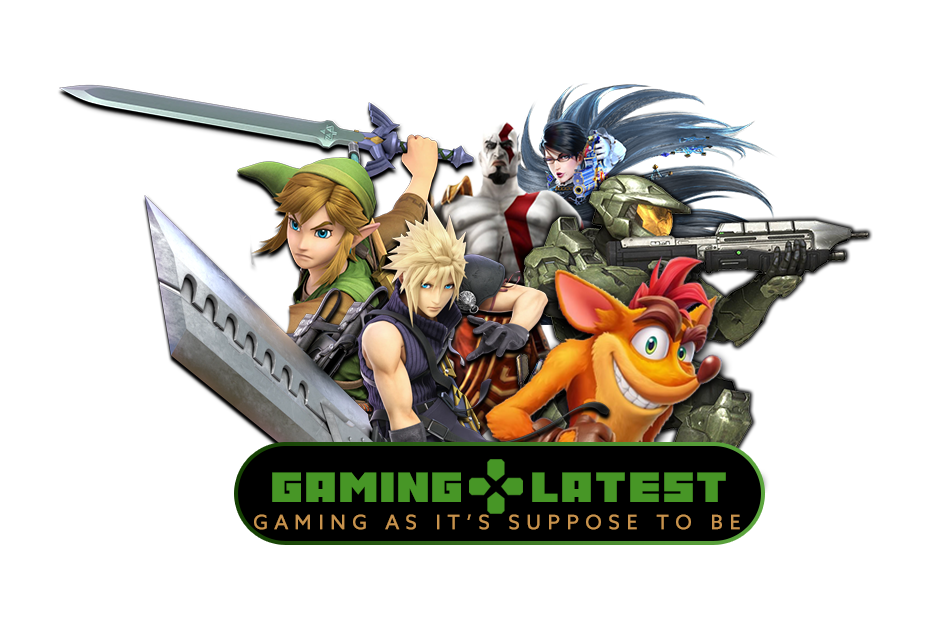Sam Altman thinks the technology underpinning his company’s most famous product could bring about the end of human civilization.
In May, OpenAI CEO Sam Altman filed into a Senate subcommittee hearing room in Washington, DC, with an urgent plea to lawmakers: Create thoughtful regulations that embrace the powerful promise of artificial intelligence – while mitigating the risk that it overpowers humanity. It was a defining moment for him and for the future of AI.
With the launch of OpenAI’s ChatGPT late last year, Altman, 38, emerged overnight as the poster child for a new crop of AI tools that can generate images and texts in response to user prompts, a technology called generative AI. Not long after its release, ChatGPT became a household name almost synonymous with AI itself. CEOs used it to draft emails, people built websites with no prior coding experience, and it passed exams from law and business schools. It has the potential to revolutionize nearly every industry, including education, finance, agriculture and healthcare, from surgeries to medicine vaccine development.
But those same tools have raised concerns about everything from cheating in schools and displacing human workers – even an existential threat to humanity. The rise of AI, for example, has led economists to warn of a labor market. As many as 300 million full-time jobs around the world could eventually be automated in some way by generative AI, according to Goldman Sachs estimates. About 14 million positions could disappear in the next five years alone, according to an April report by the World Economic Forum.
In his testimony before Congress, Altman said the potential for AI to be used to manipulate voters and target disinformation were among “my areas of greatest concern.”
